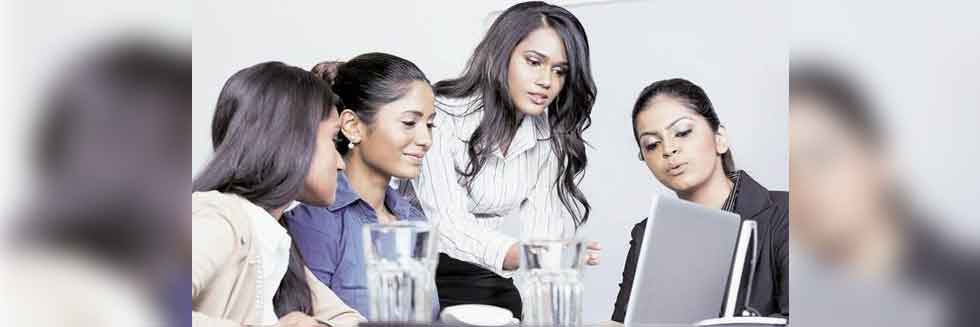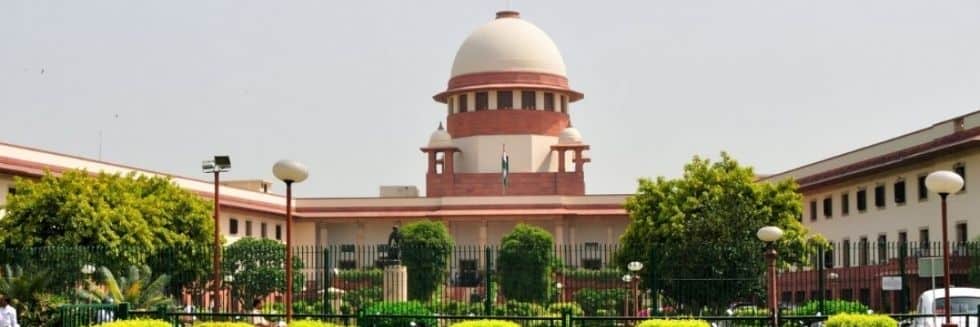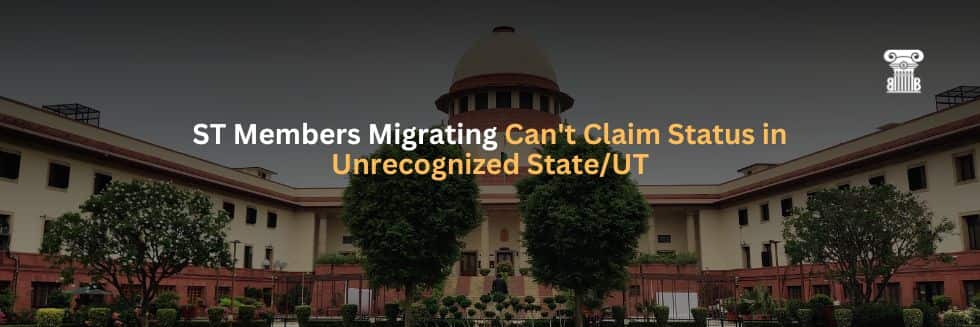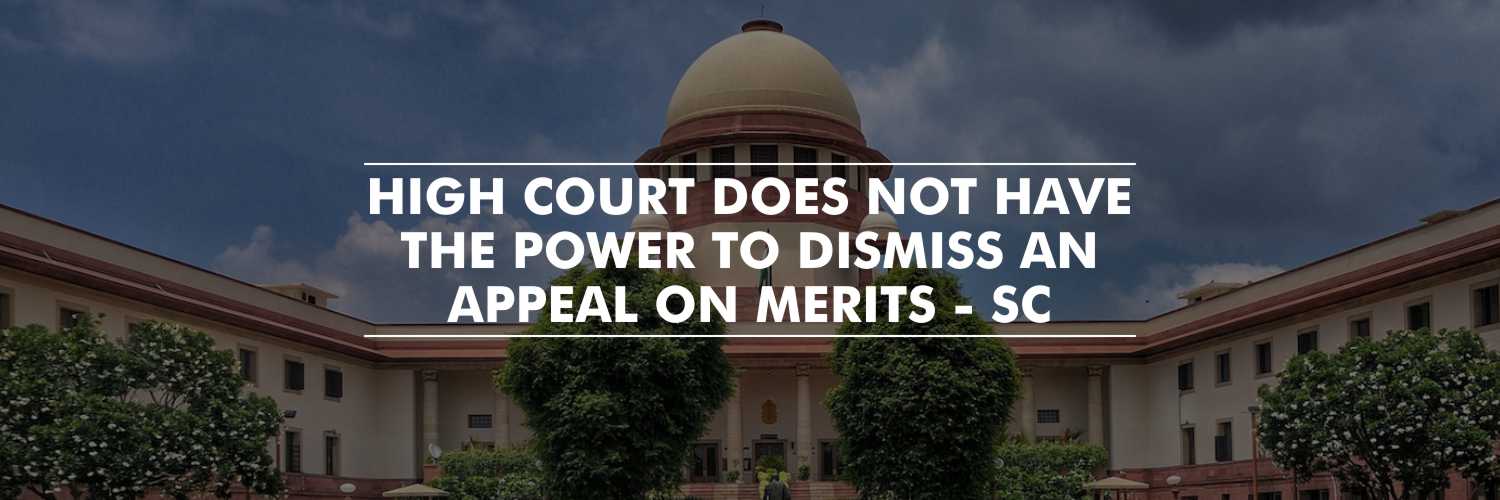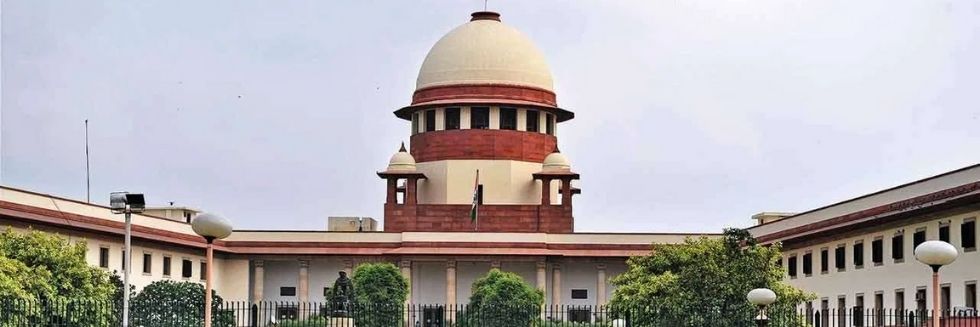Delhi High Court on Monday has asked the Centre and Delhi government to treat as a representation, a PIL seeking paid leaves for women employees from all the classes including daily wage, contractual, and outsourced workers during their menstruation.
A bench of Chief Justice DN Patel and Justice Prateek Jalan asked the respondents to treat the petitioner’s PIL and grievances as a representation as per the law, government policies within a time frame.
The court disposed of the plea and accorded the liberty to the petitioner to approach the appropriate forum later if the respondents will not respond.
The PIL has been filed by Delhi Labour Union seeking special casual leave or paid leave for the women employees during their menstruation period. The petitioner has also sought directions to ensure separate and clean toilet facilities, periodic rests, and free sanitary napkins.
“These employees perform all kinds of works including that of administrative, managerial, supervisory, skilled, unskilled, manual, operational, clerical and technical nature. These employees are employed through different modes of employment such as regular employees, ad hoc, deputation, daily wage muster roll workers, contractual workers and workers employed through independent contractors/ outsourcing agencies, ” said the petition filed through Advocate Rajiv Aggarwal.
The plea further stated that menstruating employees form a separate class owing to their biological necessities and differences with other employees. The petition further added that the respondents treat these employees in the same manner with male employees in the matter of paid leaves.
The petitioner raised the issue that such practice of the respondents is discriminatory and violative of the right to equality and equal protection of laws guaranteed by the Constitution to these workers.
“Article 15(3) of the Constitution enables the respondents to make special provisions for women. Still, the respondents have not made any special provisions for these employees. Menstruation is intrinsically related to human dignity,” the plea said.
